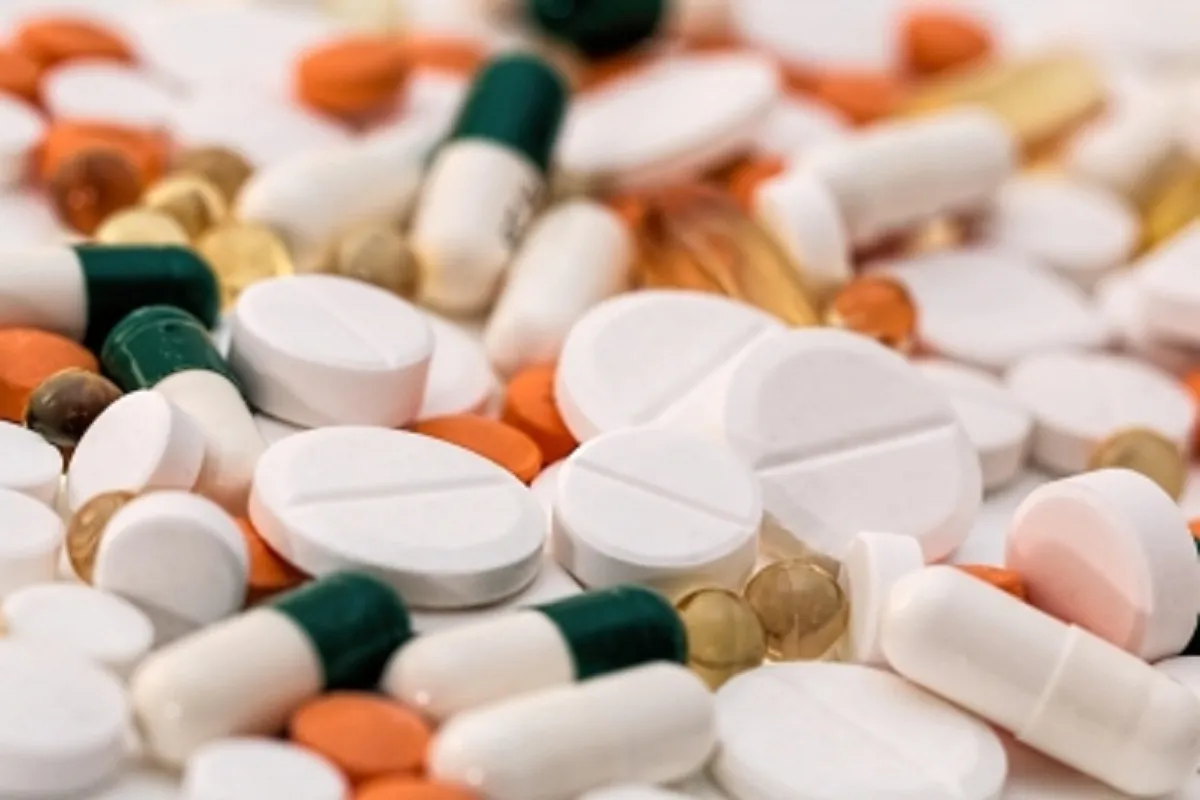“Licences of 18 pharma companies have been canceled for manufacturing spurious and adulterated drugs and violating GMP (good manufacturing practice)… Besides, 26 firms have been given show-cause notices,” an official source said.
According to official sources, central and state authorities conducted joint inspections at 76 pharmaceutical enterprises as part of a significant crackdown on the production of substandard drugs. They revoked the licenses of 18 of them for producing fake and contaminated medications.
In the previous 15 days, they claimed, the inspections were conducted in 20 union territories and states. The companies’ names are not yet disclosed.
According to an official source, 76 companies have been targeted in the first round of a special campaign against the production of fake medications.
“Licences of 18 pharma companies have been canceled for manufacturing spurious and adulterated drugs and for violating GMP (good manufacturing practice)…. Besides, 26 firms have been given show-cause notices, and the product permission of three firms has also been canceled,” the source said.
Also Read: The Most Beautiful Ladies in the World: who is your pick
The regulators have picked 203 enterprises for the special campaign. According to sources, the majority of the companies (70 of them) are from Himachal Pradesh, followed by Madhya Pradesh (23) and Uttarakhand (45).
The following days will see additional inspections of this nature, they stated.
Recently, concerns have been voiced over the quality of medications produced by businesses with Indian headquarters. Global Pharma Healthcare, based in Tamil Nadu, canceled the entire batch of eye drops in February after allegedly being connected to eyesight loss in the US.
Before that, Indian-made cough medicines were thought to be responsible for last year’s deaths of children in the Gambia and Uzbekistan.





